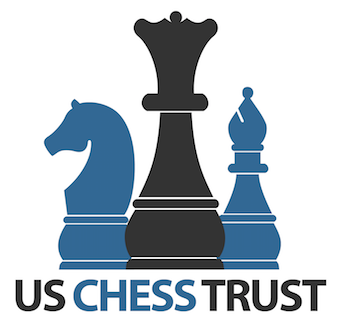Blindfold Chess World Cup- Bilbao, Spain October 16-20, 2007

BLINDFOLD CHESS WORLD CUP
Chinese grandmaster (GM) Bu Xianghzi wins Blindfold World Cup.
GM Bu Xiangzhi, 22, was for some time the youngest chess player in world to obtain the Grand Master Chess title when he was just 13 years old.
He led the event from start to finish, losing only one game in the last round against GM Judith Polgar.
His FIDE rating performance was a remarkable 3000 ELO !
THE FINAL STANDING WAS:

In this event players earn three points for every game they win, one point for every draw and zero points for every loss.
In this 10-round Blindfold Chess World Cup all six players played two games per day and each player has 25 minutes plus 10 second incremental time per move.
Throughout the five days of the Blind Chess World Cup, a fully equipped stage was set up in the Sheraton Hotel to allow the public to follow the matches on giant screens,while they watched and listened to the analysis, commentary and interviews offered by the Chess Grandmasters Boris Spassky, Ubilava, Lubojevic, Txelu and Fernandez.
The key game for Bu Xianghzi was against Norway’s GM Magnus Carlsen for the leadership at the Blindfold Chess World Cup.
This was a very interesting event, that included many special features besides the fact that the games were played blindfolded.
One more rule that distinguished this Championship for other events, is that players were not allowed to agree to draws, but the Tournament Director can decide if a game is drawn by applying one of the following rules:
- The position repeats itself three times, perpetual check, and any other theoretically drawn positions.
These types of events are experimental, aiming to make chess more attractive to the media.
Although, in Spain , chess is very popular, and a chess market exists that allows professional players to make a living from chess.
In the USA, we are facing a different reality and many prominent players are more actively engaged in teaching rather than playing because scholastic and youth chess offer better opportunities for them than participating in tournaments in the USA.
As always, your opinions/comments are welcome!

